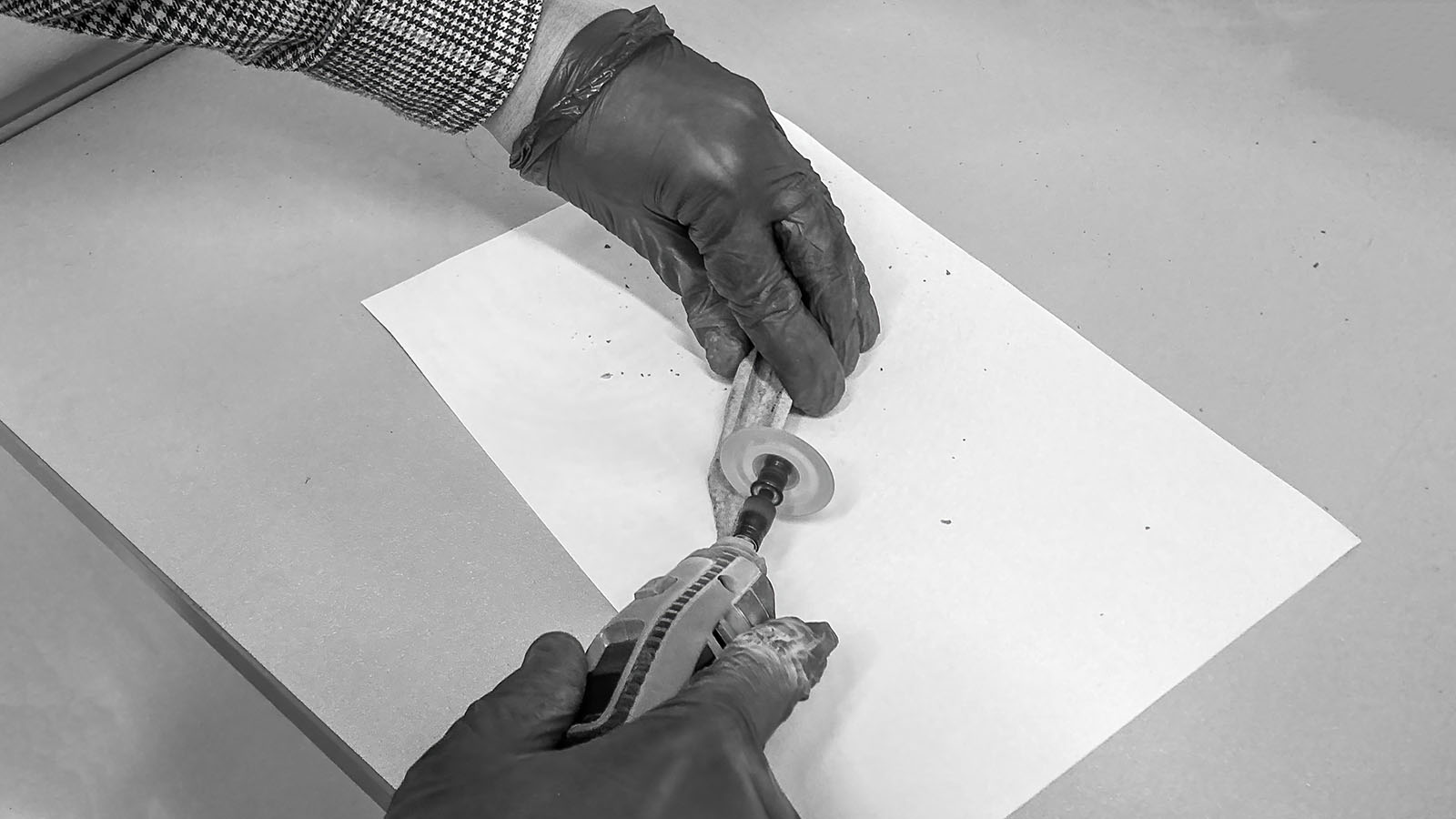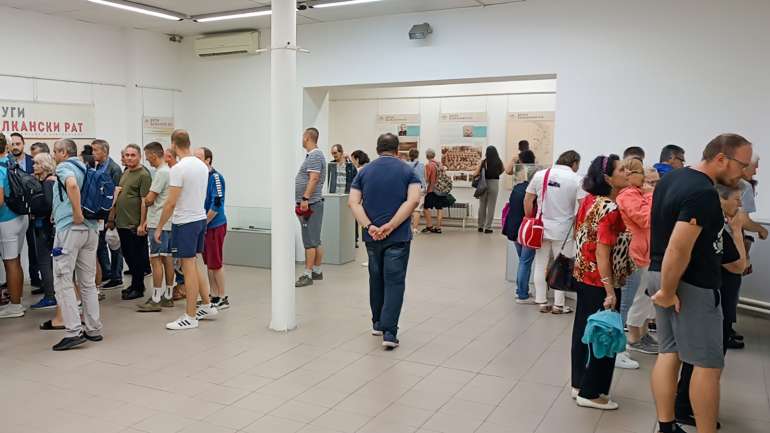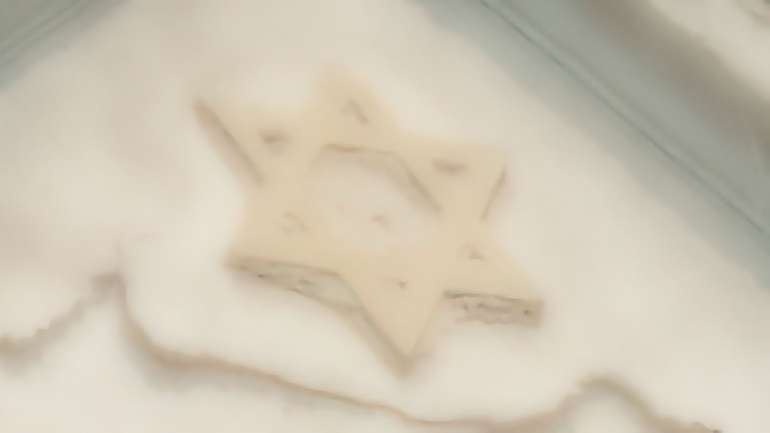By: Nevena Cvetković, senior curator
At the beginning of March, the Regional Museum Jagodina began cooperation with the project “ARCHAEOWILD: The Holocene History of Human-Wildlife Conflict and Coexistence: Archaeozoological, Archaeobotanical, Isotopic, Ancient DNA, Iconographic and Written Evidence from the Central Balkans”, guided by PhD Sonja Vuković, assistant professor at the Faculty of Philosophy, University of Belgrade. The project is implemented within the Laboratory for Bioarchaeology, in cooperation with local museums and scientific institutions in the country and the region, and is funded by the Science Fund of the Republic of Serbia, as a part of the Ideas program.
Through a multidisciplinary approach and various research methods (archaeozoology, archaeobotany, ancient DNA and stable isotopes analyzes, absolute dating, study of written evidence and iconography) the project ARCHAEOWILD deals with researching the history of humans, wild animals and plants conflict and coexistence during the Holocene (from the Mesolithic through the Middle Ages), in the Central Balkans. The understanding of these multi-faceted, frequently ambivalent relationships between man and wildlife over time is key to nature preservation today and biodiversity management in the future.
For the purposes of project research and obtaining biomolecular data (mt DNA and C/N isotopes) important for the reconstruction of the diet and phylogeography of native wild mammals species, the samples from the bones and teeth of brown bear and deer collected during the excavations at the archaeological site “Jerinin grad” in the village Vojska, were taken from the Regional Museum. These archaeological excavations were guided by the archaeologist Smiljana Dodić, the museum adviser, while the taxonomic determination of the collected faunal remains was entrusted to paleontologist Nevena Cvetković, the senior curator.





